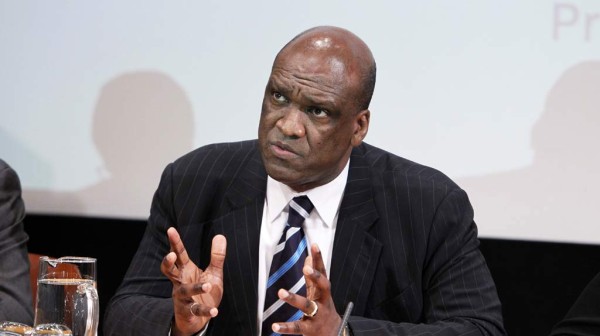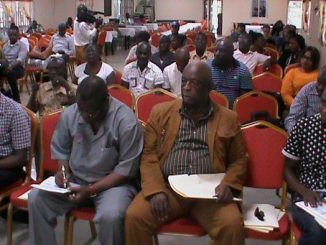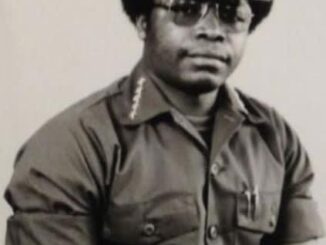
7 November 2013 – The President of the General Assembly today urged Member States to embrace a spirit of compromise as they renewed their discussion of a topic that has eluded consensus for two decades – reform of the United Nations Security Council.
“Our United Nations is – and must remain – a place where we reach compromise; a place of accommodation. The essence of the process of negotiations is compromise,” John told the 193-member Assembly as it began its annual consideration of equitable representation and an increase in the membership of the Council.
“Each and every side on this question MUST make concessions if we are to find an acceptable common ground.”
The 15-member Council currently consists of five permanent members with veto power – China, France, Russia, United Kingdom and United States – and 10 non-permanent members, with no veto, are elected for two-year terms. Some countries have argued that this structure does not represent the realities of today’s world.
The intergovernmental negotiations on Council reform have been taking place for two decades and key issues under discussion are the category of membership, the question of the veto, regional representation, the size of an enlarged Council, and the Council’s working methods and its relationship with the General Assembly.
“In my time at the United Nations, I have presided over a fair number of negotiating processes. None of them can be described as easy, and some were extremely difficult. But they have all taught me valuable lessons,” said Mr. Ashe.
“One of these is that when representatives come to the table in a true negotiating spirit, prepared to make the necessary compromises to create an acceptable outcome, negotiations are almost always successful.
“Equally true is the fact that where there is no willingness to compromise, negotiations invariably end in failure,” he continued. “I therefore urge that you not let this be the case on this very important item – perhaps the most important item on this Assembly’s agenda.”
To help him identify ways by which the process could move forward, the President created an Advisory Group comprising the Ambassadors of Belgium, Brazil, Liechtenstein, Papua New Guinea, San Marino and Sierra Leone.
“What is important to note is that the Advisory Group is not, nor can it be, a formal part of your established intergovernmental process. Similarly, this Group does not have a negotiating mandate. That mandate belongs to you the Member States, in the format of the Intergovernmental Negotiating Group. And, equally important, the Advisory Group does not have a mandate to draft any resolution or declaration or document of any kind.”
Rather, he stated, the Group has been tasked with providing him with ideas to help start negotiations that will begin on or about 15 November. “I hope that your deliberations here today will provide them with food for thought.”
Mr. Ashe reminded delegates in the debate, which is expected to hear from some 80 speakers over the next two days, that they ultimately bear the responsibility for the future direction of the negotiations.
“The success or otherwise of your intergovernmental negotiations will ultimately depend on you. The negotiations are your process, and their success depends entirely on how you choose to carry them forward.”




Leave a Reply